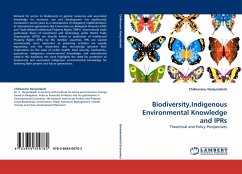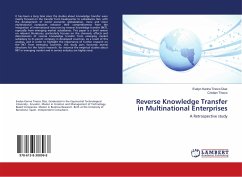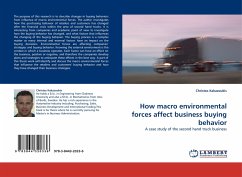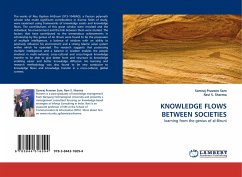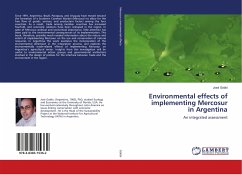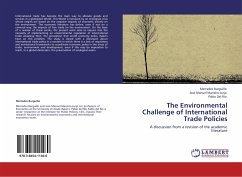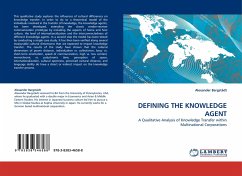Demand for access to biodiversity or genetic resources and associated knowledge for economic use and development has significantly increased in recent years as a consequence of obligatory implementation of international agreements like Convention on Biological Diversity (CBD) and Trade Related Intellectual Property Rights (TRIPs). International trade particularly flows of investment and technology under World Trade Organization (WTO) are directly linked to protection of Intellectual Property Rights (IPRs) by the member countries. IPRs are viewed economically more important as patenting activities are quietly expanding; and the researchers also increasingly perceive their implications on the state of public health, food security, biodiversity, agriculture, indigenous environmental knowledge, and international trade.In this backdrop this work highlights the need for protection of biodiversity and associated indigenous environmental knowledge for fostering both present and future generations.
Bitte wählen Sie Ihr Anliegen aus.
Rechnungen
Retourenschein anfordern
Bestellstatus
Storno

